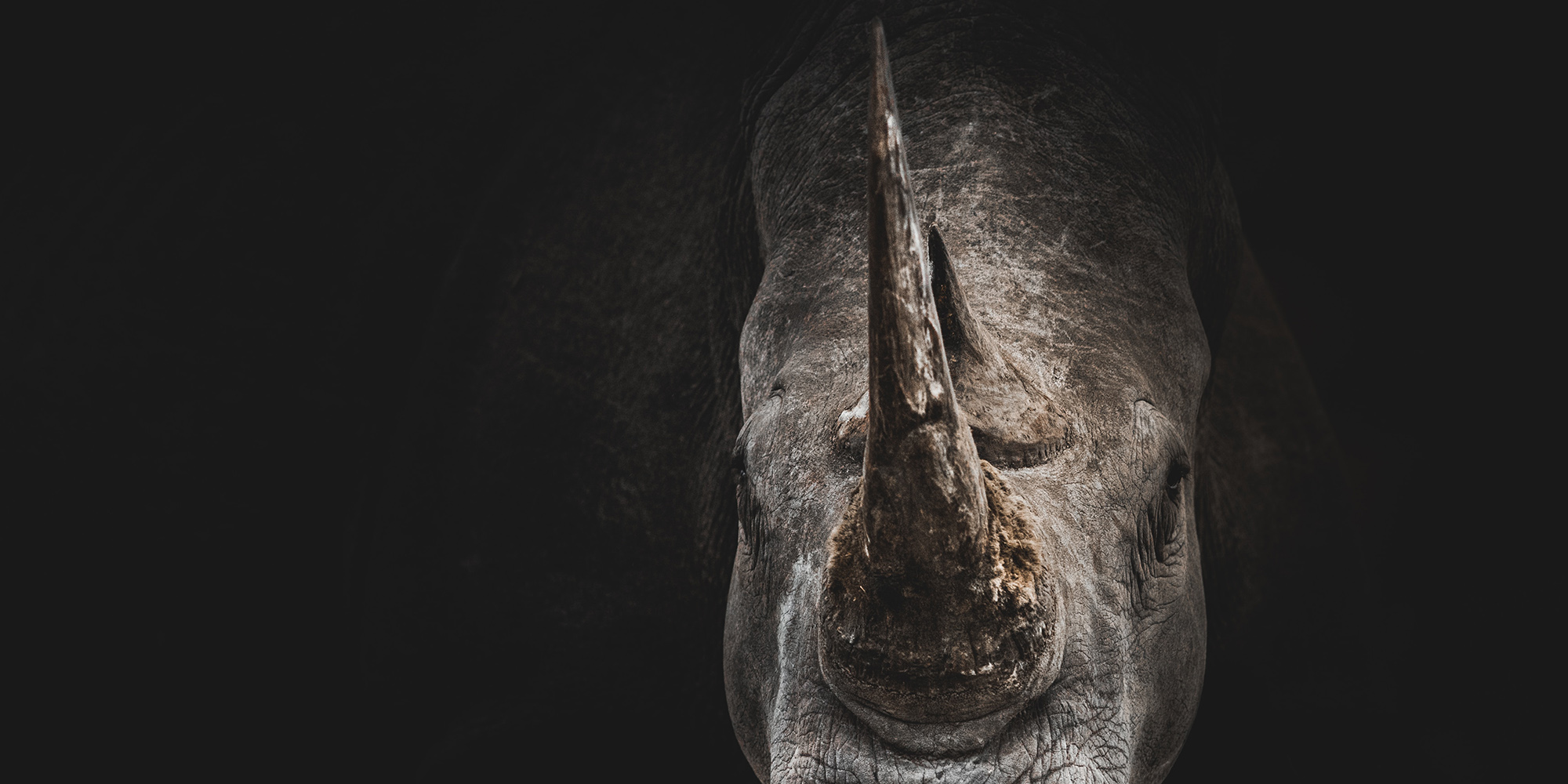South Africa is home to the vast majority of the world’s white rhinos, and around half of them, or 7,000, are owned by private ranchers, according to the Private Rhino Owners’ Association (PROA).
This “faunal privatisation” is part of a wider conservation success story, of farmers in South Africa transforming terrain previously used for livestock or other purposes into game ranches or ecotourism venues. This has unlocked entirely new value chains and is an innovative way of using land to generate capital while pursuing conservation goals.
One conservation goal, especially for large, dangerous animals that are generally threatened and have slow rates of reproduction, is simply to get their numbers up. In South Africa, the private sector has done this with rhinos. So PROA understandably is keen to see a lifting of the ban on the international trade in rhino horn. The animals can be dehorned, as the horn grows back, and the money made can provide returns to rhino ranchers for their investment, and give them incentives to protect and grow their herds.
A proposal at the latest Conference of the Parties of the Convention on International Trade in Endangered Species (CITES) by Eswatini (formerly Swaziland) to sell its stockpiles – a sort of trial balloon also floated at the previous CITES – was rejected, as was a proposal led by Botswana seeking to loosen restrictions on the trade in ivory. These issues have for decades exposed regional differences in Africa on conservation policy, with southern Africa generally taking a pro-trade stance in opposition to the rest of the continent.
CITES is a UN convention that regulates trade in a commodity asset class, namely wildlife and products derived from wild plants and animals. The arguments in CITES’ megafauna stalemate have become stale. For the sake of simplicity, I am going to boil them down to their basics. Opposition to trade is usually based on the grounds that it signals that ivory or horn are legitimate commodities, thereby stimulating demand. There are also concerns that illicit supplies from poached animals can be “laundered” with legal supplies.
The pro-trade arguments generally focus on the need to raise money for conservation in Africa, which has many pressing social and economic needs. If ivory or horn stockpiles can be used to raise revenue, so be it. Where else is the money supposed to come from?
Variations on these themes have overshadowed CITES’ debates for decades, partly because discussions are dominated by governments and NGOs who often remain welded to outmoded ideas. This had lead to stalemate and frustration on the part of southern African policymakers, as well as private sector actors in the region.
Fresh thinking is clearly needed ahead of the 2022 CITES meeting in Costa Rica. Here are a couple of proposals for that:
If you want to ban trade and destroy stockpiles, I have argued before, you should raise the money to buy the stockpiles yourself and then do what you want with them. Trade is stifled while African governments raise additional revenue. This is not just a proposal for NGOs – rich governments that are opposed to trade could also provide funding.
On this front, money could also simply be paid to governments (or private farmers?) to maintain their stockpiles. There are templates – Norway is paying Indonesia to protect its tropical forests. Such a model could surely be applied more widely to other conservation initiatives.
Get real about human/wildlife conflict. Moves by Botswana’s government to attempt to sell ivory and the lifting of a ban on trophy elephant hunting have been criticised as transparent bids to win over rural voters. If that is indeed the case, one should ask why such policies would resonate with rural voters. Being dismissive on political grounds is condescending in the extreme to poor, rural Africans who have to live in close proximity to dangerous megafauna. We need to put their needs first and invest in costly infrastructure such as fencing to separate man and beast. Again, this will require funding, which could come from ivory or horn sales.
Writing this week in The Conversation, ecologist Duan Biggs and Matthew Holden say more dialogue is needed on the ivory issue among groups that often shout past each other. Such dialogue would seek “to provide an alternative equally valuable revenue source to replace ivory”. This is sensible and could be applied more widely, for example to rhino horn.
There is no “one size fits all” solution to this, but the path blazed by the private sector in South Africa is also well worth examining. Rolling out economic incentives to private sector operators who raise and protect wild megafauna should surely be in the toolkit as well. (Here’s a hint for the ANC: land confiscation proposals and threats to property rights are not at all helpful here). Their success when it comes to rhinos speaks for itself. BM





